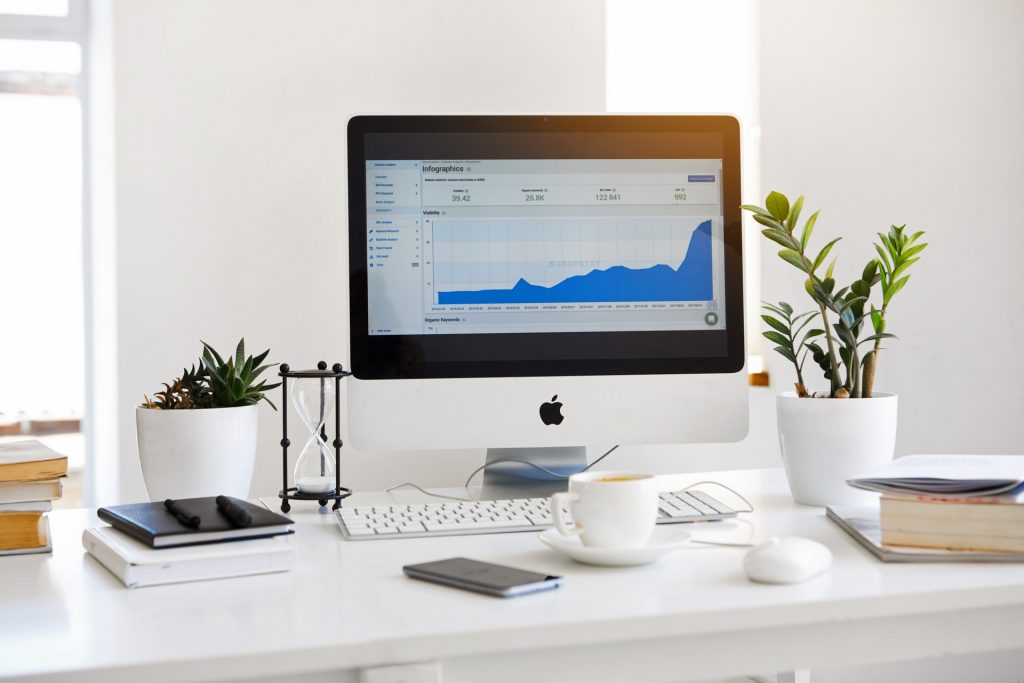The government have rolled out packages of help for businesses. This is blog is not to repeat the information that the government have provided but to clarify the main points for businesses owners because in a state of anxiety it is easy to miss vital points within a large volume of information.
Here I deal with – The Self Employed
The self employed are those individuals running a business which is not limited. They may be sole traders or partners in an unincorporated partnership.
- This package is some ways simpler than the package for PAYE employees but only seems to apply to established self-employed businesses with a reasonable income less than £50,000 per year and is based on profits so doesn’t help a business owner that has invested it’s own income say from a redundancy package or inheritance and made a loss in it’s first one to three years as new businesses typically do.
- Details are available here https://www.gov.uk/guidance/claim-a-grant-through-the-coronavirus-covid-19-self-employment-income-support-scheme as it doesn’t seem necessary for me to bullet point.
- As I understand it the newly self-employed since 6/4/2019 should still apply and lay out their case to be considered. However as the government are contacting those who are eligible, it isn’t clear how an individual that is not contacted can apply.
- Other possible help if your business:-
- Small business grant funding of £10,000 for all business in receipt of small business rate relief or rural rate relief.
- Grant funding of £25,000 for retail, hospitality and leisure businesses with property with a rateable value between £15,000 and £51,000. https://www.gov.uk/government/publications/guidance-to-employers-and-businesses-about-covid-19/covid-19-support-for-businesses#support-for-businesses-that-pay-little-or-no-business-rates
- The Coronavirus Business Interruption Loan Scheme offering loans of up to £5 million for SMEs through the British Business Bank https://www.gov.uk/government/publications/guidance-to-employers-and-businesses-about-covid-19/covid-19-support-for-businesses#support-for-businesses-through-the-coronavirus-business-interruption-loan-scheme
You can also defer this quarter’s vat payment:- https://www.gov.uk/government/publications/guidance-to-employers-and-businesses-about-covid-19/covid-19-support-for-businesses#support-for-businesses-through-deferring-vat-payments
Also defer your income tax payment on account due 31/7/2020:- https://www.gov.uk/government/publications/guidance-to-employers-and-businesses-about-covid-19/covid-19-support-for-businesses#support-for-businesses-through-deferring-income-tax-payments
But there will be many many tradespeople and professionals that will fall through the net. I really hope the government will do something for those individuals and will be looking out for that information if it comes.
I hope this has been helpful and I will post about any updates as they come through.
If you’re a limited company you can find out more in my blog dedicated to companies here.





